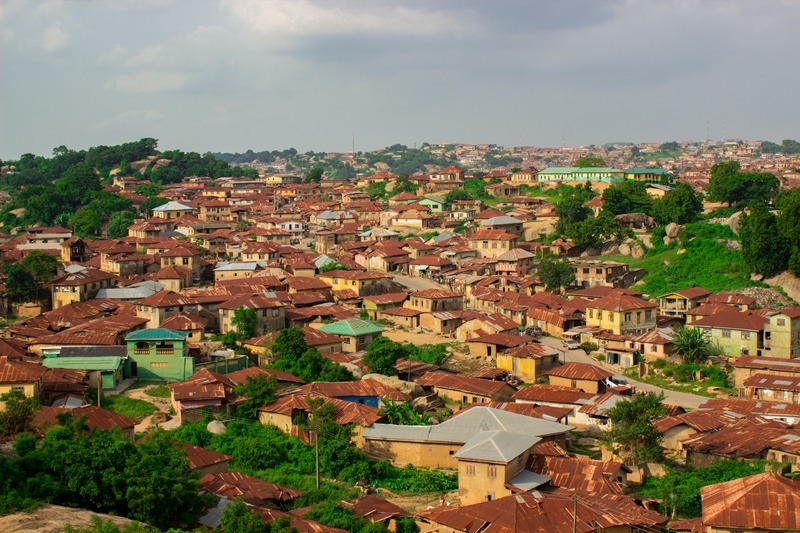
Following objections from various parties, the U.S. State Department reviewed its decision to remove Nigeria from its list of countries of concern for religious freedom violations. After careful examination, it was determined that Nigeria needed to fulfil the criteria set forth by the International Religious Freedom Act, which mandates that the U.S. government promote and defend the right to freedom of religion.
A State Department representative stated that Nigeria did not pass the "legal threshold for designation" under this act. The U.S. government remains committed to upholding its policy of condemning religious freedom violations and promoting the fundamental right to worship freely.
Promoting Religious Freedom Worldwide: The IRFA and the Wolf Act, Nigeria To Be Removed from the CPC
The International Religious Freedom Act (IRFA) of 1998 and the Frank R. Wolf International Religious Freedom Act of 2016 provide guidelines for the U.S. government to promote and defend religious freedom worldwide. U.S. Department of State said that under these laws, the President must review the status of religious freedom in all countries annually and designate those that engage in severe violations as Countries of Particular Concern (CPC) or Special Watch List (SWL).
The Secretary of State has delegated the authority to make these designations and ensure that the U.S. government actively promotes religious freedom worldwide.
Declaring its decision to remove Nigeria from the list of Countries of Particular Concern (CPC), the U.S. State Department acknowledges ongoing concerns about religious freedom in the country.
The CPC designation carries with it the possibility of sanctions and other deterrent measures to encourage improvement in religious freedom conditions. According to a report in Christian Post, Rep. Chris Smith and several congressional colleagues recently introduced a resolution calling for the State Department to re-designate Nigeria as a CPC and appoint a special envoy to monitor human rights abuses in the region.
The removal of Nigeria from the CPC list was met with scepticism from human rights lawyer Nina Shea and others, who pointed to the significant gap between the State Department's reporting and what is happening on the ground. Shea argued that the State Department's sources, often funded by the United States Agency for International Development, have a political bias and overlook the devastating impact of the violence on vulnerable Christian communities in northern Nigeria.
Shea stated that the State Department's reliance on these sources has led to a failure to investigate and prosecute the perpetrators of these atrocities and the prosecution and threat of local journalists who report on them.
Also Read: North Korea Named Worst Persecutor of Christians Worldwide: Believers Sent to Labor Camps Or Killed
Nigeria's Deteriorating Religious Freedom: A Source of Concern for Christians and Advocates Alike
The deteriorating religious freedom situation in Nigeria, fueled by the rise of terror groups like Boko Haram and the Islamic State and increasing violence against Christian communities, has been a source of concern for Christian rights groups and advocates for years. According to an article in Christianity Daily, Nigeria ranks sixth on its 2023 World Watch List of the worst countries for Christian persecution, with over 5,000 Christians killed and nearly 5,000 abducted in 2022 alone. Critics argue that the Buhari government is not addressing the violence.
Nigeria's human rights situation has been deteriorating, particularly concerning religious freedom. According to Open Doors, Christians, particularly those in the north, face severe persecution from militant groups such as Boko Haram, ISWAP, and Fulani militants. These raids have resulted in large numbers of Christians being forced to live in camps for internally displaced people, where women and children are particularly vulnerable.
Additionally, Christians face discrimination and are treated as second-class citizens, with those from a Muslim background facing rejection from their families and physical violence. The problem is not limited to the north, as Fulani militants have also carried out violence and land grabbing in southern regions, invading communities and taking over forests and farmlands. The situation highlights the urgent need for action to protect religious freedom and human rights in Nigeria.
Related Article: Rising Religious Persecution: The Top 50 Countries Where Following Jesus Is Most Dangerous in 2023


















